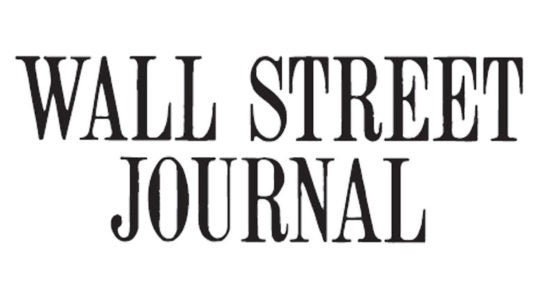BRUSSELS—The European Union is building a free-trade coalition of the willing, one deal at a time.
On Sunday, Vietnam will join countries including Canada, Japan, Mexico and Singapore that in recent years signed trade accords with the EU. The five deals together cover trade of goods and services valued at more than €500 billion ($569 billion) annually, equivalent to almost half the yearly value of EU-U.S. commerce.
The trade partners are slashing almost all tariffs to boost commerce at a time of mounting protectionism world-wide. Brussels redoubled its efforts to build commercial partnerships after negotiations for a wide-ranging pact with the U.S. collapsed in 2016 and President Trump’s “America First” policies started to also punish European allies.
The EU was directly hit last year by U.S. steel and aluminum duties and continues to face the threat of auto tariffs amid a shaky trade truce. Mr. Trump’s ultimatum to Mexico to halt U.S.-bound immigration or face levies risked hitting European manufacturers with operations in Mexico, including car makers. The U.S. trade fight with China is also contributing to a slowdown in European economic growth.
Bringing Vietnam into the EU trade orbit after Singapore helps the bloc expand its footprint in Southeast Asia and will serve as a steppingstone for a regional agreement, European Commission President Jean-Claude Juncker said Tuesday.
“It is also a political statement by two partners and friends standing together for open, fair and rules-based trade,” he said.
In a sign of the EU’s ability to use trade to advance other policy priorities, Brussels pushed Hanoi to ratify International Labor Organization conventions to protect fundamental workers’ rights, such as collective bargaining. The EU also got Vietnam’s commitment to fight climate change under the Paris Agreement.
Europe’s exports to Vietnam, which include cheese, wine, cars and pharmaceuticals, will jump 29% by 2035, and imports from Vietnam will rise 18%, according to the EU. The agreement will eliminate 99% of all bilateral tariffs and open Vietnam’s public tenders to European bidders.
Covering slightly more than €50 billion in annual trade in goods and services, the pact with Vietnam highlights EU efforts to bring down trade barriers in the face of rising global protectionism.
The Group of 20 major economies enacted import restrictions on $336 billion of goods from mid-October to mid-May, the World Trade Organization said Monday. That is down from measures effecting $480 billion of goods in the previous five months, but nearly four times the average in recent years.
The U.S.-China trade fight that resulted in tariffs on $260 billion of goods has been at the center of international trade tensions. G-20 leaders will gather this week in Japan, where Mr. Trump is expected to meet with Chinese President Xi Jinping in an effort to de-escalate their trade spat.
“We urgently need to see leadership from the G-20 to ease trade tensions and follow through on their commitment to trade and to the rules-based international trading system,” WTO Director-General Roberto Azevêdo said.
The EU, meanwhile, is pushing ahead with its bilateral efforts.
The Canada deal that took provisional effect in September 2017 boosted exports by 7% in the first year, the EU said. In April 2018, Brussels clinched an agreement to update its existing pact with Mexico. The EU’s agreement with Japan took effect in February, and the European Parliament approved the Singapore pact two weeks later.
The bloc launched trade talks with Australia and New Zealand last June, right after Mr. Trump slapped European metals exports with tariffs. And on the sidelines of the G-20 summit, European leaders may seek a handshake with Latin American counterparts on an EU-Mercosur trade pact under discussion for 20 years. The three deals together would cover €182 billion of the EU’s annual trade in goods and services.
Negotiations between the EU and Mercosur—which includes Argentina, Brazil, Paraguay and Uruguay—have been intense since Friday. The two blocs’ ministers will try to push forward during a dinner Wednesday in Brussels. If concluded, the accord would be the EU’s biggest trade deal and open up for the first time the tightly protected Latin American market.
[To read original article, click here]

